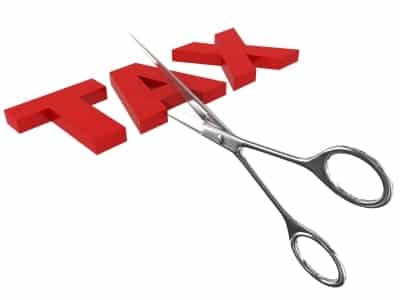
The payroll tax reduction was scheduled to expire at the end of February, which would have meant that the first two months of a worker’s earnings would have a Social Security tax rate of 4.2% and the next 10 months’ rate would be 6.2%. That would’ve made for some fun paperwork, wouldn’t it?
The measure also extended the maximum length of unemployment benefits, but not for another 99 weeks. Instead, benefits can now be offered for a maximum of 40 to 73 weeks, based on a state’s unemployment level. That sounds confusing — because it is confusing, so the American Staffing Association provided a handy chart to show how long benefits are offered.
Maximum Weeks of Unemployment Insurance Benefits Under Current Law, President’s
Proposal, and Conference Agreement on HR 3630 in September Through December 2012
| Unemployment Rate (States) |
Current Law |
Conference Agreement (September 2012) |
Conference Agreement vs. Current Law |
| Under 6% (Seven states currently: IA, NE, NH, ND, SD, VT, WY) |
60 |
40 |
–20 weeks |
| 6.0–6.4% (Four states currently: MN, OK, USVI, VA) |
73 |
54 |
–19 weeks |
| 6.5–6.9% (Six states currently: HI, KS, LA, MD, NM, UT) |
86 |
54 |
–32 weeks |
| 7.0–7.9% (Seven states currently: AK, DE, ME, MA, MT, PA, WI) |
86 |
63 |
–23 weeks |
| 8.0–8.4% (U.S. AVERAGE) (Seven states currently: AR, CO, CT, MO, NY, TX, WV) |
93 |
63 |
–30 weeks |
| 8.5–8.9% (Five states currently: AL, AZ, ID, OH, WA) |
99 |
63 |
–36 weeks |
| 9% and above (17 states currently: CA, DC, FL, GA, IL, IN, KY, MI, MS, NV, NJ, NC, OR, PR, RI, SC, TN) |
99 |
73 |
–26 weeks |
Hope that helps. Major thanks to the American Staffing Association for providing that information!
Another aspect of the law that could affect staffing companies is that states are now okayed to screen unemployment benefit recipients for drugs if the recipient has lost a job for failing or refusing to take a drug test, or if the recipient is seeking a job with an employer who drug-tests. There will likely be some opportunities to work with your state legislators and maybe even achieve some savings and/or efficiency on drug testing.
What are your thoughts on the new law? Let us know in the comments!

